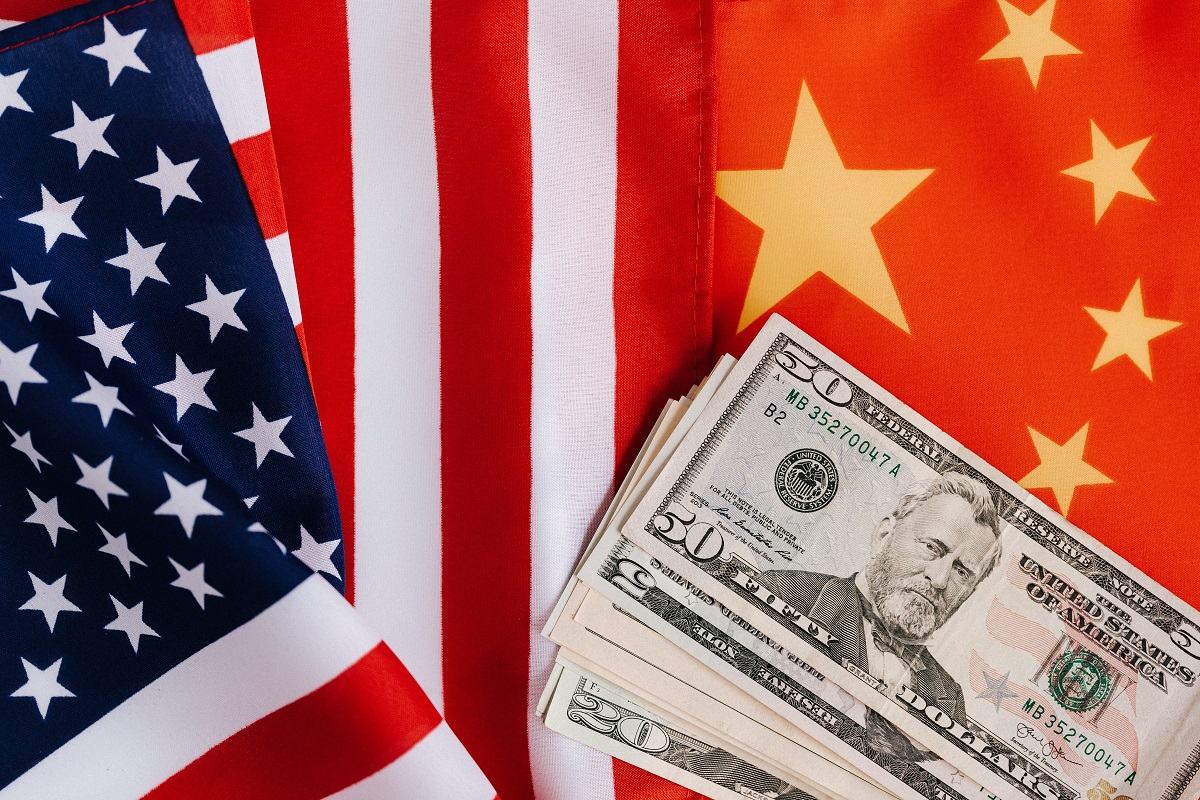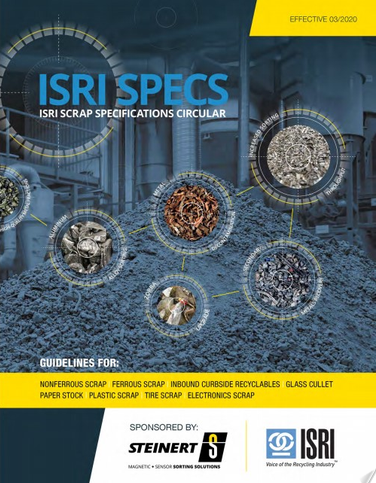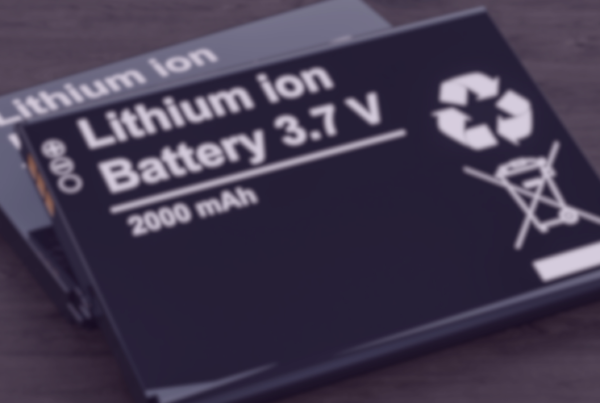China’s National Food and Strategic Reserves Administration said June 22 it will publicly auction 100,000 metric tons of nonferrous metals in early July. This would be the first round of a rare and highly anticipated release of its stockpiles in a bid to curb speculation and cool inflation. Reuters reported that China on July 5 and 6 will auction 20,000 metric tons of copper, 30,000 metric tons of zinc, and 50,000 metric tons of aluminum. Copper and zinc sales will take place on an online platform belonging to state-owned miner and metals trader China Minmetals, while the aluminum auction will be on a site operated by Norinco, another state-run firm.
As the world’s biggest buyer of a range of industrial commodities, China is using its purchasing might to try to quell the sharp rise in global metal prices over the past 12 months, including a 67% surge in copper. Economic-stimulus measures and a renewal of global manufacturing as the COVID-19 pandemic wanes have spurred buying sprees. Beijing’s move comes as some metal prices, including copper, had begun to decline in recent weeks, amid worldwide market sentiment that global supply levels didn’t warrant such rallies.
“Prices of commodities were coming down just before China announced its [metals] release,” explains Bret Biggers, ISRI economist. “The market was correcting itself or adjusting to the actual demand. I look at China’s move as normal, like the U.S. when we have high oil prices: We’ve historically tapped some of the [U.S. strategic oil] reserve to take some of the edge off.”
For the central planners in Beijing, a big challenge is that this year’s commodities boom is global in scope, and the U.S. is still hugely influential in the global marketplace. Signals from the Federal Reserve that it would start raising interest rates sooner than expected sent prices of riskier assets like equities and metals tumbling last week. On June 15, the London Metal Exchange aluminum price was $2,478 per metric ton, with copper listed at $9,935 and nickel at $18,307. On June 22, the LME listed aluminum at $2,370.50 per metric ton, copper at $9,070 and nickel was $17,346.
The rout was arguably driven as much by the Fed’s hawkish outlook as China’s pending metals release. “There’s been such loose monetary policy around the world, there’s a lot of liquidity sloshing around all these markets—whether that’s equity markets, commodity markets, bond markets; you name it,” explains Joe Pickard, ISRI’s chief economist and director of commodities. “For the Fed to take away the punchbowl just as the party’s heating up, that’s a much more powerful tool than China releasing some metal stocks out of its state reserve bureau.”
In prepared testimony June 22 before the House Select Subcommittee on the Coronavirus Crisis, Fed Chair Jerome Powell said supply bottlenecks are aggravating short-term inflation in the U.S., but as those backups ease, “inflation is expected to drop back toward our longer-run goal,” under 2%. ISRI’s experts agree that a bigger concern for recyclers concern is China’s recent tightening of its import regulations for recycled materials.
“We’ve seen that on the copper side, for example, where our [recycled] copper exports to China have basically tripled in volume, the result of [China] allowing in more high-quality material,” Pickard says. “We haven’t seen that in the aluminum space, but we have seen those shipments diverted to other places, such as Malaysia, for further processing, that eventually will feed China’s manufacturing.”
China’s customs agency said earlier this month it has decided to adjust the list of import and export commodities that must be inspected. Imported recycled steel, brass, copper, and cast aluminum alloy raw materials are likely to be affected. ISRI is investigating this change for its members and will provide more information soon.
Photo courtesy of Karolina Grabowska on Pexels.













